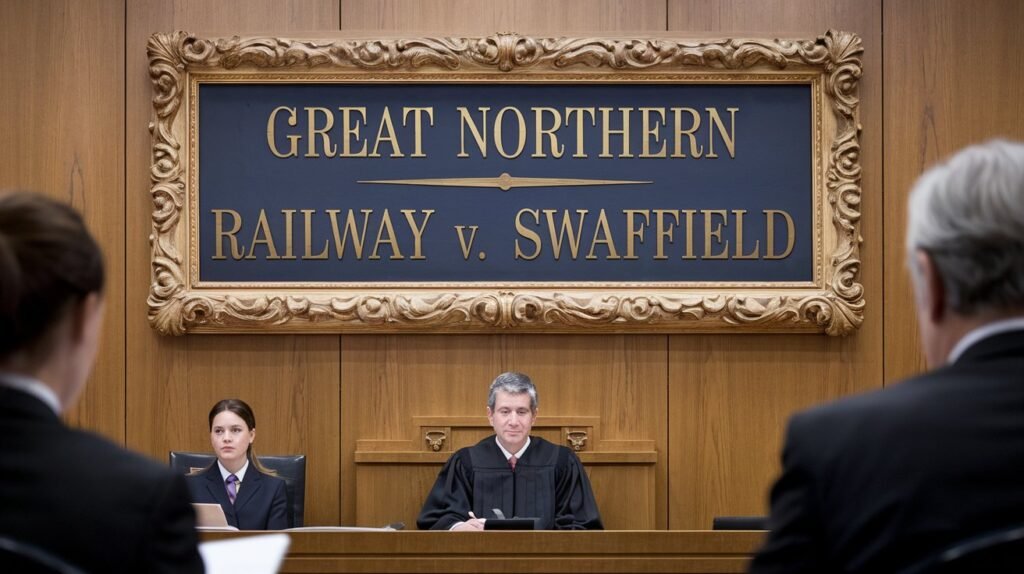Khwaja Muhammad Khan v. Hussaini Begum 1910 (Case Summary)

In this historic case, the Privy Council dealt with the enforceability of a contract made by a father-in-law to provide an allowance to his daughter-in-law. The case examined whether a non-party to the contract could enforce its terms and highlighted the customary nature of allowances like Kharch-i-pandan in Indian Muslim families.
Table of Contents
ToggleFacts of Khwaja Muhammad Khan v Hussaini Begum
- In 1877, the defendant, Nawab Khwaja Muhammad Khan, executed an agreement promising to pay a monthly allowance of Rs. 500 to the plaintiff, Nawab Husaini Begam, his future daughter-in-law.
- The agreement was made in consideration of her marriage to his son, Rustam Ali Khan, and the allowance was secured against immovable property.
- The marriage took place in 1877, but the plaintiff’s formal entry into her husband’s home occurred in 1883 due to her minority.
- In 1896, following marital discord, the plaintiff left her husband’s home and began residing in Moradabad.
- The plaintiff sued the defendant to recover arrears of the allowance, arguing that the agreement was enforceable despite her separation from her husband.
Issues framed
- Whether the agreement to pay kharch-e-pandan constituted a legally enforceable contract?
- Whether an agreement based on moral obligations in family arrangements be enforced under Indian law?
Subordinate Court Judgment
The trial court dismissed the plaintiff’s claim, holding that she had forfeited her right to the allowance by refusing to live with her husband.
On Appeal by the plaintiff, the High Court reversed the trial court’s decision, ruling that the plaintiff was entitled to enforce the agreement and recover the arrears.
The defendant appealed to the Privy Council.
Judgment of Khwaja Muhammad Khan v Hussaini Begum
The case was decided considering the principles of the Indian Contract Act, 1872, particularly emphasizing Section 2(h), which defines a contract as an agreement enforceable by law. The Privy Council relied on the principles of natural justice and equity, interpreting family agreements in the context of personal laws and societal customs. Allowances like Kharch-i-pandan are customary in Muslim families and serve as personal expenses for the wife, independent of her residence with the husband.
The Privy Council held that the plaintiff, though not a party to the agreement, was the sole beneficiary and entitled to enforce it. The agreement specifically charged immovable property for her benefit. The court distinguished Kharch-i-pandan from English concepts like pin money, emphasizing that the allowance was unconditional and intended for the plaintiff’s personal use.The court rejected the argument that the plaintiff forfeited her right to the allowance by leaving her husband’s home, as there was no such condition in the agreement.
The Court while rejecting the Defendant’s Argument that the Plaintiff was not a party to the Contract held that:-
“10. Their Lordships desire to observe that in India and among communities circumstanced as the Mahomedans, among whom marriages are contracted for minors by parents and guardians, it might occasion serious injustice if the common-law doctrine was applied to agreements or arrangements entered into in connection with such contracts.”
The Privy Council upheld the High Court’s decision, holding that the plaintiff had a valid claim to the allowance under the agreement. The appeal by the defendant was dismissed, with costs awarded to the plaintiff.





